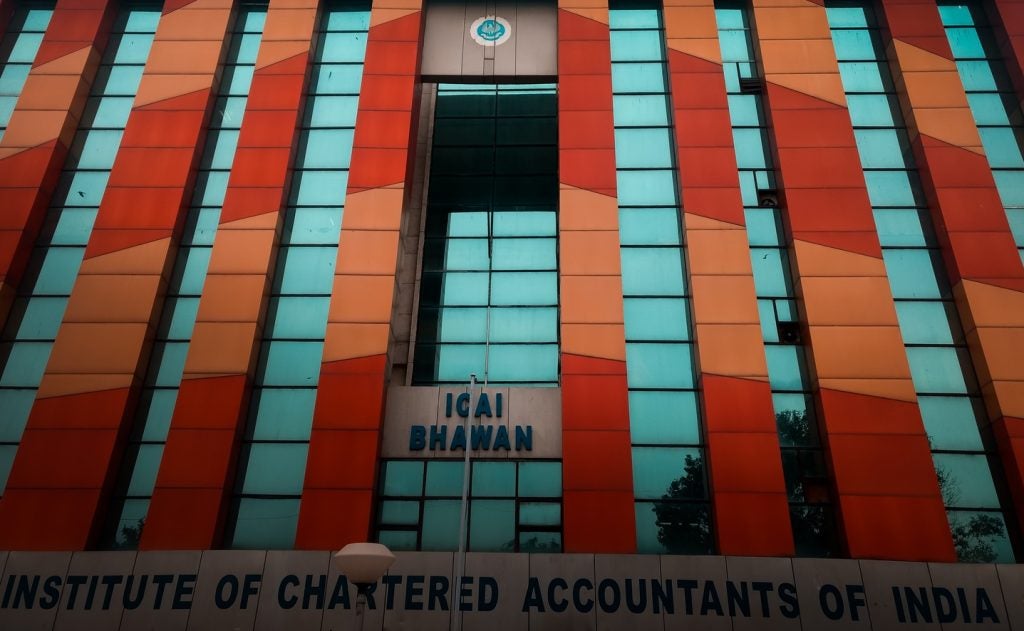By Jane Howard is a partner in the professional liability group at Wragge & Co
Last month saw the long-awaited hearing by the Supreme Court of the case of R (on the application of Prudential Plc and another) v Special Commissioner of Income Tax and another (2010) EWCA Civ 1094.
The Court of Appeal’s decision in October 2010 rejected arguments that legal professional privilege (LPP) should be extended to cover communications between a client and its accountants which sought and gave legal advice on tax issues. Prudential had attempted to avoid disclosure (under section 20 of the Taxes Management Act 1970) of advice it had obtained on tax matters, on the basis that the advice was subject to LPP. This included advice it had received from its lawyers and its accountants. HMRC and the Special Commissioner of Income Tax did not accept that the advice received from Prudential’s accountants was subject to LPP and Prudential sought judicial review of the decision.
Prudential argued that the advice it had received was legal advice and, as such, it should be protected by LPP. It should not matter whether the advice came from its accountants rather than its lawyers. The status of the adviser should not be the decisive factor; what was important was the fact that it was legal advice and therefore the very type of advice that should be covered by LPP.
The court at first instance refused the application for judicial review and the Court of Appeal subsequently affirmed that decision. The Court of Appeal confirmed that LPP did not apply at common law to any professional other than a qualified lawyer. It was the essence of the rule that it should be clear and certain in its application. If it was to be extended to members of other professions who gave legal advice, serious questions would then arise as to its scope and application. As a result, the Court of Appeal found that any extension to the LPP rule could only be considered by Parliament.
Prudential appealed to the Supreme Court and, such is the importance of the issue to be determined, the Institute of Chartered Accountants in England and Wales, the General Council of the Bar and the Law Society were all given permission to intervene. Representatives for all parties appeared before the seven-member panel of the Supreme Court on 5 November. The decision is expected early in the New Year and will be eagerly awaited by all. Watch this space…
How well do you really know your competitors?
Access the most comprehensive Company Profiles on the market, powered by GlobalData. Save hours of research. Gain competitive edge.

Thank you!
Your download email will arrive shortly
Not ready to buy yet? Download a free sample
We are confident about the unique quality of our Company Profiles. However, we want you to make the most beneficial decision for your business, so we offer a free sample that you can download by submitting the below form
By GlobalData




